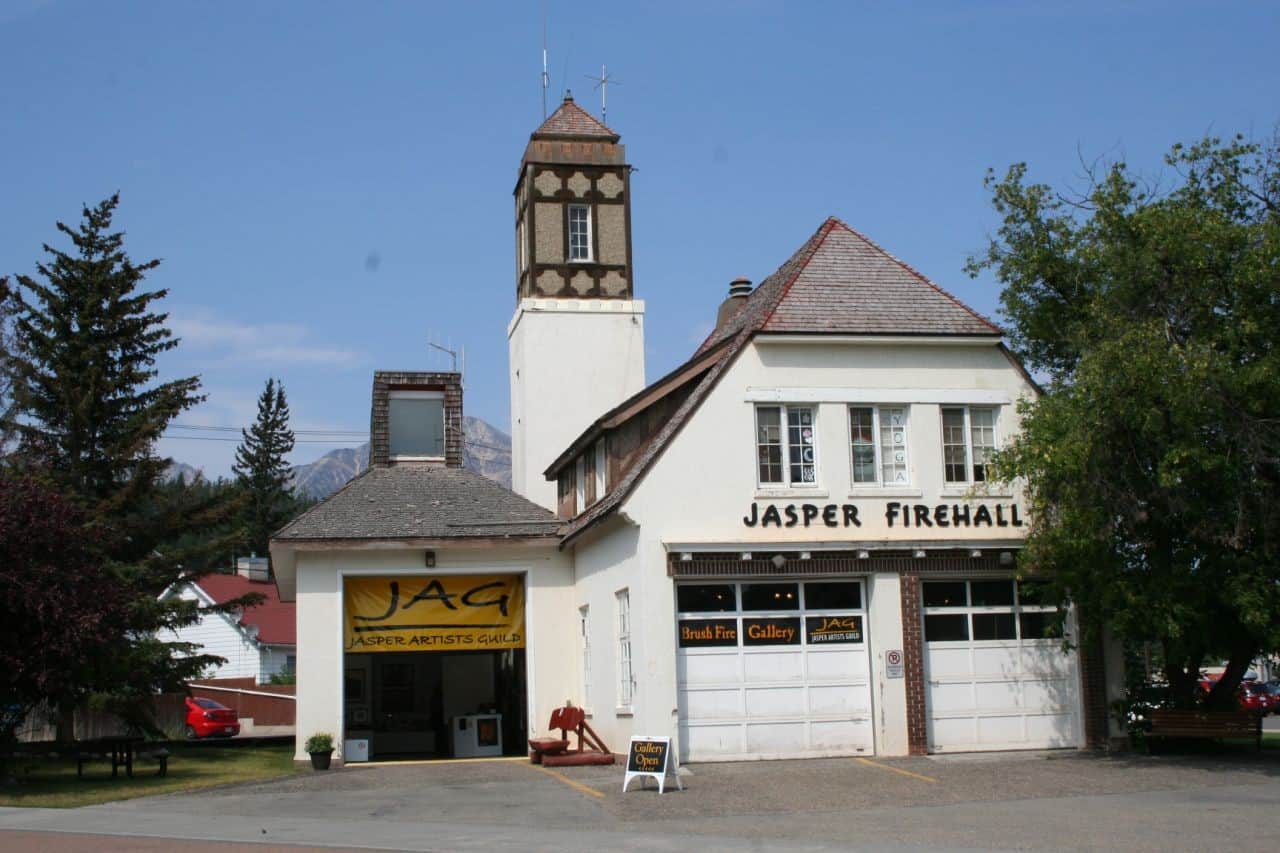Seeker Bio
Inadequate Funding Fuels Wildfire Devastation in Jasper National Park
Government of Canada Has Let Tourism Towns Down as Wildfires Ravage Our Country Year After Year
In recent years, the budget allocated to Parks Canada for wildfire prevention and response has faced significant cuts
Jasper, AB – July 25, 2024
Inadequate Funding Exacerbates Wildfire Devastation in Jasper National Park - The recent wildfires that ravaged Jasper National Park have left an indelible mark on one of Canada's most treasured natural landscapes. Experts argue that the devastation could have been significantly minimized if the Government of Canada had dedicated more money to wildfire prevention and response resources.
Fund Canada First
Critical role that funding plays in wildfire management
Dr. Emily Carter, an environmental scientist specializing in forest ecosystems, highlights the critical role that funding plays in wildfire management. "Preventative measures such as controlled burns, forest thinning, and community education programs are essential in mitigating the risk of large-scale wildfires. Adequate funding ensures that these measures can be implemented effectively," she explains.
In recent years, the budget allocated to Parks Canada for wildfire prevention and response has faced significant cuts. This reduction in funding has had a direct impact on the park's ability to manage its vast forested areas. Firebreaks, which are crucial in slowing the spread of wildfires, have not been adequately maintained. Additionally, the number of trained firefighting personnel and resources, such as aerial support and ground equipment, has been insufficient to cope with the scale of the recent fires.
Lack of funding - the consequences are devastating
Local communities, including Jasper, Alberta and Lytton, British Columbia have borne the brunt of these shortcomings. Many residents have been evacuated, and businesses reliant on tourism have faced significant economic losses. Mayor Richard Wilson of Jasper expressed his frustration on the latest fire in Jasper National Park, stating, "We have been raising concerns about the lack of funding for years. This wildfire season has proven that our warnings were not taken seriously. The consequences are devastating."
Investing in modern firefighting technology lacking
The impact on wildlife has also been severe. Jasper National Park is home to numerous species, including grizzly bears, elk, and endangered caribou. The fires have not only destroyed their habitats but also disrupted migration patterns and food sources, posing a long-term threat to their survival.
In response to the crisis, environmental organizations and concerned citizens are calling for immediate action from the federal government. Sarah Thompson, director of the Canadian Wilderness Society, emphasizes the need for a comprehensive review of current funding and resource allocation. "The government must prioritize the protection of our national parks. This means increasing funding for wildfire prevention, investing in modern firefighting technology, and ensuring that park staff are adequately trained and equipped to handle emergencies."
Government of Canada bares the brunt of this disaster
While the fires continue to burn, the focus remains on containing the blaze and protecting what remains of Jasper National Park in Alberta, Canada. However, the aftermath will require a concerted effort to restore the damaged ecosystems and rebuild the park's infrastructure. Remember, it has been 3 years since Lytton, BC burnt to the ground, and that community, still, is not rebuilt.
As Canada deals with the realities of climate change and increasingly severe wildfire seasons, the situation in Jasper serves as a stark reminder of the importance of proactive investment in natural disaster preparedness. The hope is that lessons learned from this tragedy and others will prompt a renewed commitment to safeguarding Canada's communities and natural heritage for future generations. In closing the Government of Canada bares the brunt of this disaster, and many believe, Canada should allocate more funding to natural disasters, before funding countries abroad with no accountability.
Contact Information:
Greg Girard
Co Bro Founder EH Canada Travel
www.ehcanadatravel.com
www.ehcmg.com
Canada Government Has Let Tourism Down
Wildfire Devastation in Jasper National Park
Canada Parks
-
British Columbia
When you subscribe to the blog, we will send you an e-mail when there are new updates on the site so you wouldn't miss them.




Comments 1
Well said Greg...this is absolutely heartbreaking and unacceptable.